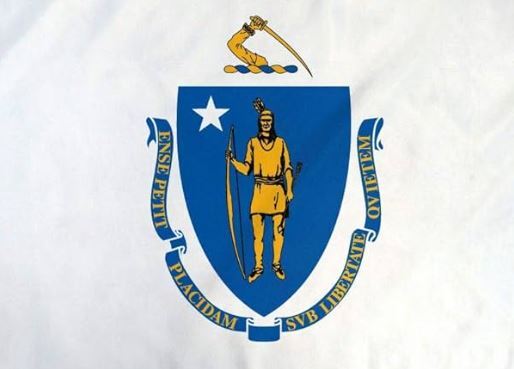MASSACHUSETTS - A state pivotal to the American narrative and the 6th to join the Union in 1788, possessed a complex and evolving identity long before its formal statehood. From distinct early settlements driven by religious conviction to a unified royal province and finally a self-declared Commonwealth, the journey to becoming "Massachusetts" as we know it is a fascinating look into colonial America.
From Colony to Commonwealth: Unpacking Massachusetts' Pre-Statehood Identity
Understanding these pre-statehood designations reveals the region's rich history and its burgeoning spirit of independence.
Dual Beginnings: Plymouth and Massachusetts Bay Colonies
The story of English Massachusetts begins with two separate, foundational endeavors:
- Plymouth Colony (1620): The famed Pilgrims, seeking religious freedom, crossed the Atlantic on the Mayflower and established Plymouth Colony. This was New England's first permanent English settlement and a cornerstone of American lore.
- Massachusetts Bay Colony (1630): A decade later, a larger and more influential group of Puritans founded the Massachusetts Bay Colony to the north, centered around present-day Boston. Their aim was to create a society governed by their religious principles.
These two colonies, Plymouth and Massachusetts Bay, coexisted for several decades, each with distinct character, governance, and societal norms.
Unification: The Province of Massachusetts Bay (1691)
A significant shift occurred in 1691. King William III of England issued a new royal charter that officially merged the Plymouth Colony and the Massachusetts Bay Colony. This unification also incorporated other territories like Maine and Martha's Vineyard, creating a larger entity known as the Province of Massachusetts Bay. This act brought the previously somewhat autonomous regions under a single royal governor appointed directly by the Crown, streamlining British colonial administration in the area.
A Crucible of Revolution: Growing Independence
Throughout the 18th century, the Province of Massachusetts Bay became a focal point of growing discontent with British rule. Its vibrant intellectual, commercial, and political life fostered a strong spirit of independence.
- Hotbed of Resistance: Massachusetts was at the forefront of colonial opposition to British policies, with iconic events like the Boston Tea Party (1773) and the first shots of the Revolutionary War at the Battles of Lexington and Concord (1775) unfolding within its borders. The Siege of Boston further highlighted the province's central role in the fight for liberty.
The Birth of a Commonwealth (1780)
Even before the Revolutionary War concluded, Massachusetts took a bold step in defining its own governance. 1780 it adopted its state constitution, a foundational document drafted primarily by John Adams. Notably, this constitution, still in effect today (though amended), declared Massachusetts a "Commonwealth." This choice of terminology, rather than simply "state," was deliberate, reflecting a commitment to republican ideals, the common good of its people, and a clear rejection of monarchical authority.
Enduring Legacy
The journey from disparate colonies to the unified Province of Massachusetts Bay, and finally to the self-declared Commonwealth, shaped the enduring character of Massachusetts. Its legacy as a haven for those seeking religious freedom, a center of intellectual thought, a crucible of revolution, and a champion of self-governance continues to define the state.



